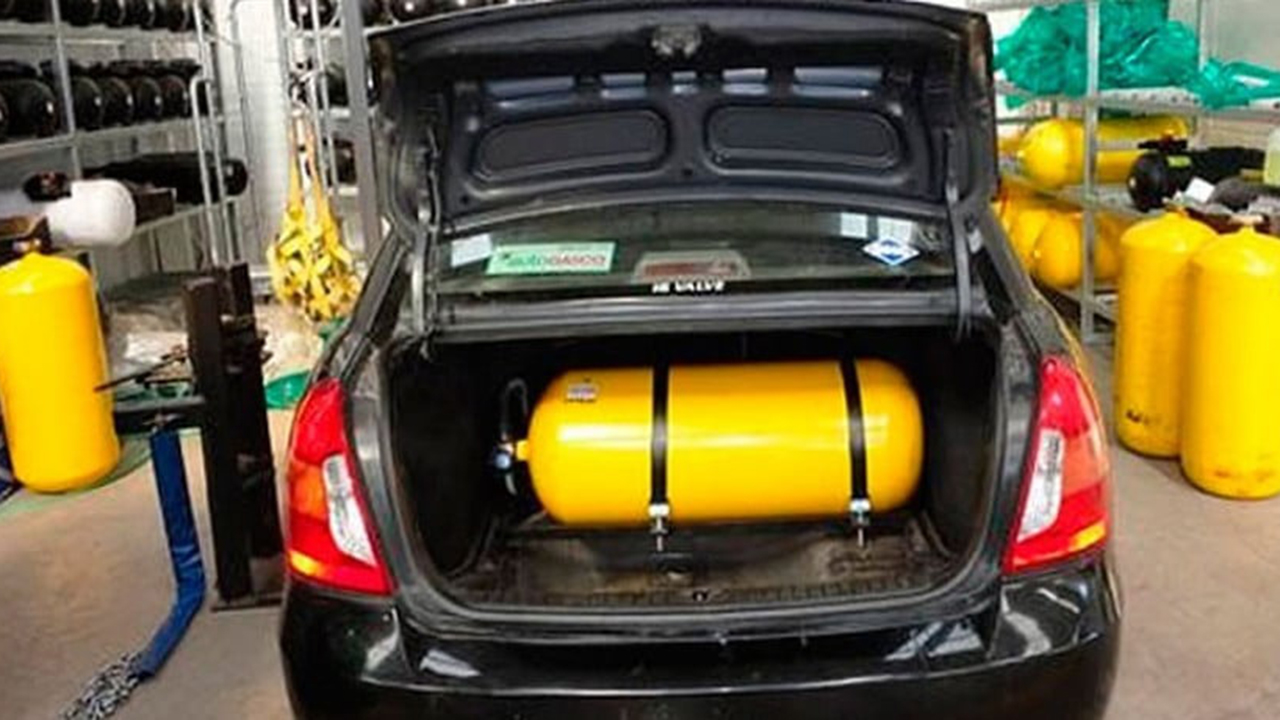
Stakeholders have been implored to promote the culture of abiding by standard procedures for the conversion and fueling of CNG vehicles, as this is critical to averting explosions. Experts insisted that CNG is a safe mechanism for vehicles if standard procedures are followed.
They stated this at a webinar by Major Energies Marketers Association of Nigeria (MEMAN) arguing that the nationwide shift to cleaner energy sources in the transportation sector is expected to impact the economy positively aside contributing to Nigeria’s environmental goals.
The Coordinator, Regulatory Compliance and Facilitation, Presidential CNG Initiative, Engr. Zayyanu Tamban Yabo, said over 30,000 vehicles were converted to CNG in one year through the initiative, just as it remains committed to its ambitious plans to hit 1 million conversions by the end of the programme.
According to him, the initiative aims to ease Nigeria’s transportation sector’s transition to cleaner energy by focusing on commercial vehicles, which consume the most energy in the shortest time frames.
Yabo said the government is collaborating with transport unions and financial institutions to offer support, incentives, and financing options to make the conversion process more accessible.
He added that the initiative is distributing CNG-powered buses and tricycles as part of its efforts. “As of September, we have distributed 20 buses out of the planned 100, and 200 tricycles out of the estimated 500.”
Deputy Director, Standard Development Coordination Division (SDCD), Standard Organisation of Nigeria (SON), Olalekan Omoniyi, insisted that CNG is safe if standard procedures are followed.
He said the two CNG vehicle explosion incidences recorded so far were traced to non-adherence to standard requirements.
He, therefore, recommended that regulators should obtain copies of relevant standards on the management and handling of CNG equipment and components.
He added that all refueling stations should be encouraged to carry out visual inspection, specifically checking the “pressure certificate, label/plate” before refueling the cylinder.
Omoniyi also said certification of personnel and conversion centres should be carried out before conversion centres are granted approval to operate.
Managing Director of THLD Group, Olajuwan Oluwasegun, said gas safety and conversion standards remain a concern.
He explained that improper installations remain a significant risk, as evidenced by the recent explosions. “Even with a poorly installed system, if procedures are followed correctly, it can still function safely,” he said.
Oluwasegun called for a comprehensive review of the CNG and LPG conversion processes. He noted that for petrol engines, the conversion allows for switching between gas and petroleum, but for diesel engines, the process is more complex, requiring simultaneous injection of both fuel types. This technical distinction, he said, necessitates more targeted training and oversight.
He, however, said the issue of overcrowded refueling stations, particularly in Benin and Ogun states, where long queues of vehicles waiting for inspection have become a frequent occurrence, calling for improved traffic management and refueling infrastructure.






